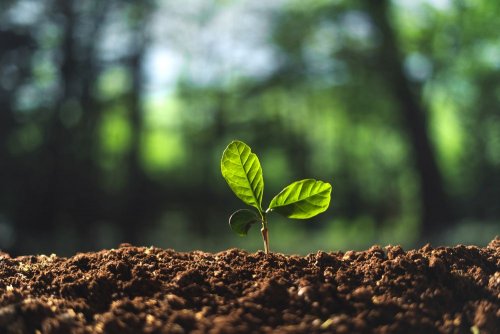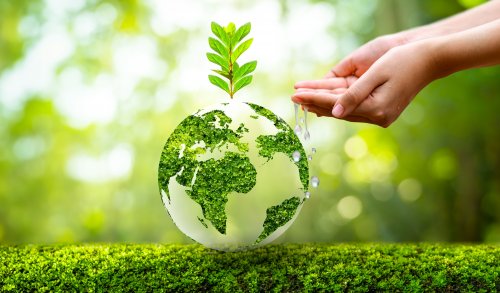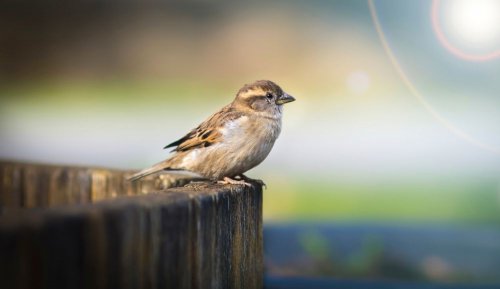The European Commission (EC) will propose a bill that would oblige EU countries to restore 20% of their natural areas by 2030 and all degraded ecosystems by the middle of the century.
This was reported by the head of EU environmental policy Virginius Sinkevicius with reference to the statement Reuters.
The bill will require European states to set national goals aimed at protecting wildlife populations and preventing the degradation of their habitats.
The document provides for an increase in the number of birds on agricultural lands and the population of pollinating insects, as well as the rehabilitation of 25 thousand kilometers of rivers and more.
According to preliminary estimates, one euro invested for this purpose will bring eight euros of profit.
"Nothing can replace the ecosystem services provided by the oceans, our soils or our forests," Sinkevicius said.
The European Commissioner noted that the global food crisis was caused entirely by Russia's blockade of millions of tons of Ukrainian grain exports. He warned that the inability to stop the degradation of nature would eventually reduce Europe's agricultural potential.
"If we lose soil fertility, if soil erosion and degradation continue, it will have a significant impact on our agricultural products," Sinkevicius said.
Soil erosion already costs Europe almost 1.2 billion euros ($ 1.3 billion) a year due to the loss of agricultural production.
Under EU law, economic activities, such as farming, will not be banned on lands where nature restoration measures are carried out.
It is noted that the EC's initiative to restore nature will be the first such EU law.
The European Commission's proposal will require the approval of the European Parliament and EU countries, some of which seek to postpone or abolish measures for sustainable agriculture.
As reported EcoPolitics earlier, on June 22, the European Commission proposed twice by 2030 to reduce the use of chemical pesticides in agriculture of the European Union.
Recall that the number of insects in some parts of the world decreased twice due to climate change and intensive agriculture.





